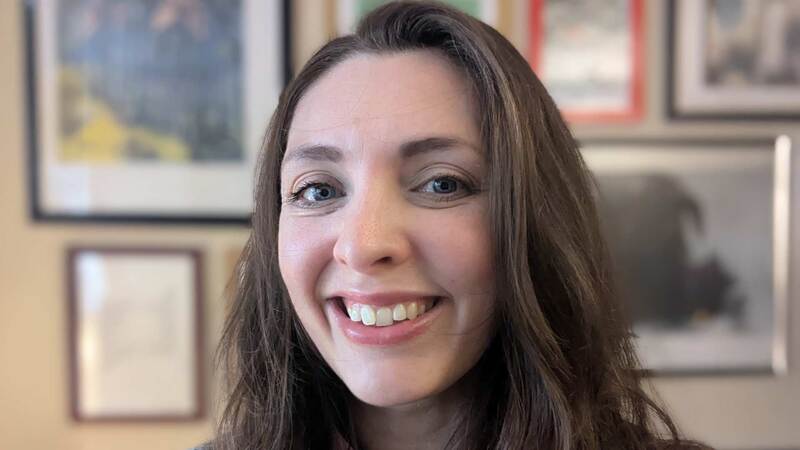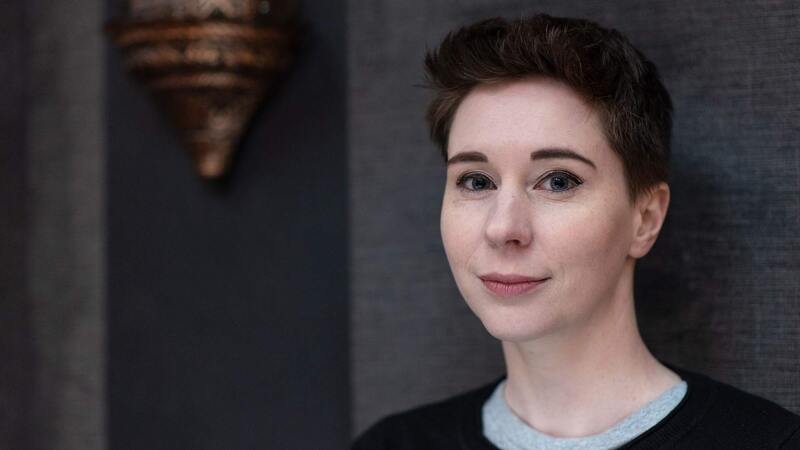You are viewing your 1 free article this month. Login to read more articles.
Garnet launches Periscope imprint
Garnet Publishing is launching a new imprint, Periscope, and its first title will be Princess Bari (March 2015, £9.99) by South Korean author Hwang Sok-yang.
Garnet has a special interest in the Middle East, publishing across a wide variety of genres including art, fiction, cookery and history. After a period of restructuring, m.d. Nadia Khayat wanted to try something new. Periscope was created by sales and marketing manager Tim Moore and publisher and commissioning editor Mitch Albert to focus on new fiction and non-fiction outside of the Middle East region.
The aim was to create an imprint that was separate and distinct, with a broader remit but a smaller list. Albert said: “We’re very optimistic about the climate for small publishers—it’s no longer about quantity. With a much smaller list we can believe in all the titles.
Going forward we’d like to have roughly half and half (fiction and non-fiction) but we’re really just looking for interesting stories.”
Princess Bari was discovered at this year’s London Book Fair as part of the fair’s Korean market focus. The book, translated by Sora Kim-Russell, tells the story of the seventh daughter of a North Korean family, who is abandoned by her parents before being rescued by her grandmother. The story is interwoven with the Korean myth of Princess Bari and mixes contemporary London and an ancient Korean fable.
Princess Bari is the first of eight fiction titles, including three in translation, that Periscope will publish in 2015. Albert said: “You’ve got to fall in love with a book but, just like with people, you can’t fall in love with every book. We’re looking for the underdogs. There’s a surfeit of great writing and books you can’t believe slipped through the net that weren’t picked up.”
Periscope plans to set itself apart from other imprints by getting independent booksellers involved in the publishing process. Moore said: “Part of the reason we want to work with booksellers is the symbiosis between publishing and the physical space—publishing came out of bookstores and we want to go back to that. Booksellers understand both curation and commercial potential.”
Moore added: “We’re publishing the books that are in the independent bookshop bestsellers chart in The Bookseller, not the books in the official [Top 50].” Periscope is looking to build relationships with a network of indie bookshops worldwide.
Periscope will sell e-books, but its primary focus is on print. Moore said: “For a publisher, there’s an economic perspective of course, and e-books are easier, but that’s not why we got into the business. I have nothing against e-books, but they were never the threat they were purported to be.”
Periscope will have relatively small print runs, investing more in supporting its books and authors. Albert said: “We’re not just giving a book six weeks to succeed. There are so many different ways to break a book. There’s no formula and we’re comfortable with that. We have conviction in our books.”
Periscope is working on variations of the subscription model; it currently offers gift-wrapped titles posted to subscribers with their names printed in every book, and invitations to reading groups. Going forward, it plans to look at other ways it can involve subscribers in the publishing process, alongside booksellers.
The covers for its fiction titles have been designed by James Nunn, and include a consistent spine design in order for them to be easily identifiable on shelves. Moore said: “At the moment it’s only really Penguin’s titles [that] you can pick out. In 20 years of publishing this design is the best I’ve seen.”
















